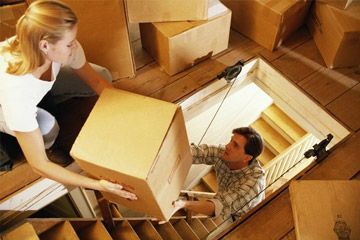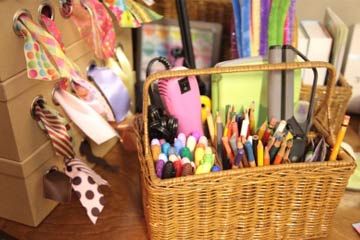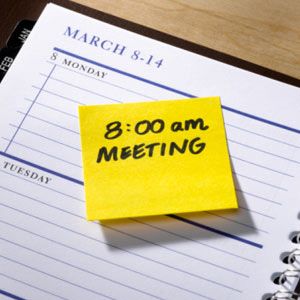Having ahome officeis a great way to designate a space specifically for work or study. However, if your office is so cluttered and disorganized that you can no longer work efficiently, it may be time to make some changes. Organizing your home office may seem like a daunting task, but if you think about all the time you've wasted rummaging through mounds of old papers in frustration, you'll come to see it's one task that's worth the effort.
There are many reasons to get your home office organized. If you're running your business from your home, it's extremely important to be able to find client information or invoices as quickly as possible. If you use your home office as a place to study, a messy desk can be a distraction. Whatever the purpose of your home office, you'll find you function better in it when it's neat and clean.
Advertisement
The benefits of getting organized include a more productive environment and lessstress. Plus, having a clutter-free environment can help you stay healthy -- clutter is a great place for insects and germs to thrive [source:Lyon]。如果你有过敏或哮喘,accumulation of office clutter can result in an abundance of dust, which can aggravate symptoms [source: NY Allergy and Sinus Center].
Presumably, you've created a space for your home office in order to work or study. If there's a mountain of papers or trash, you may feel less inclined to do your work or study there. Keeping your office free of distractions means keeping it free of disorganization. From pens and pencils to cables and wiring, there are many areas within your home office that need to be organized. Check out the next section for tips on how to organize your office.
Advertisement






